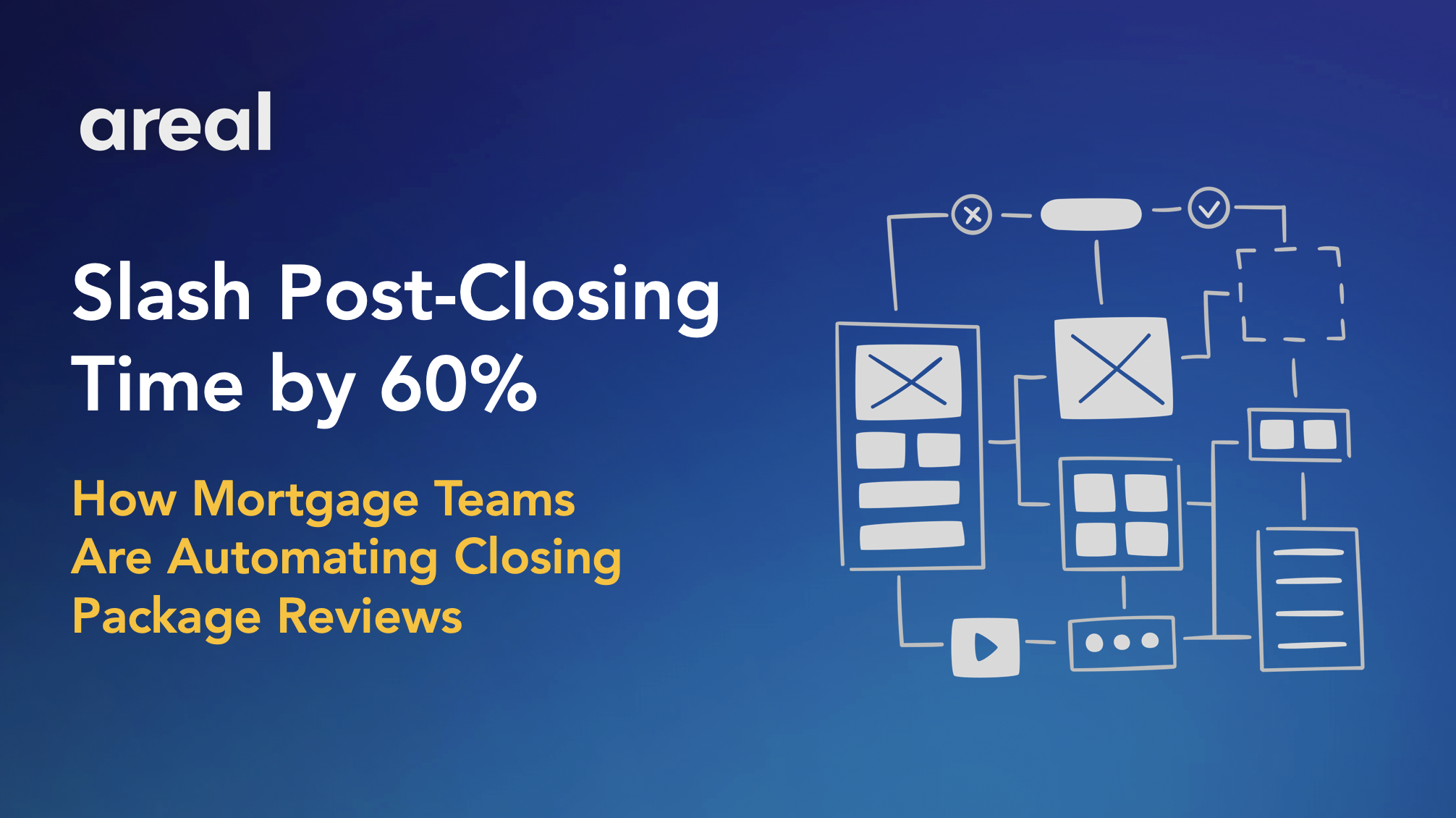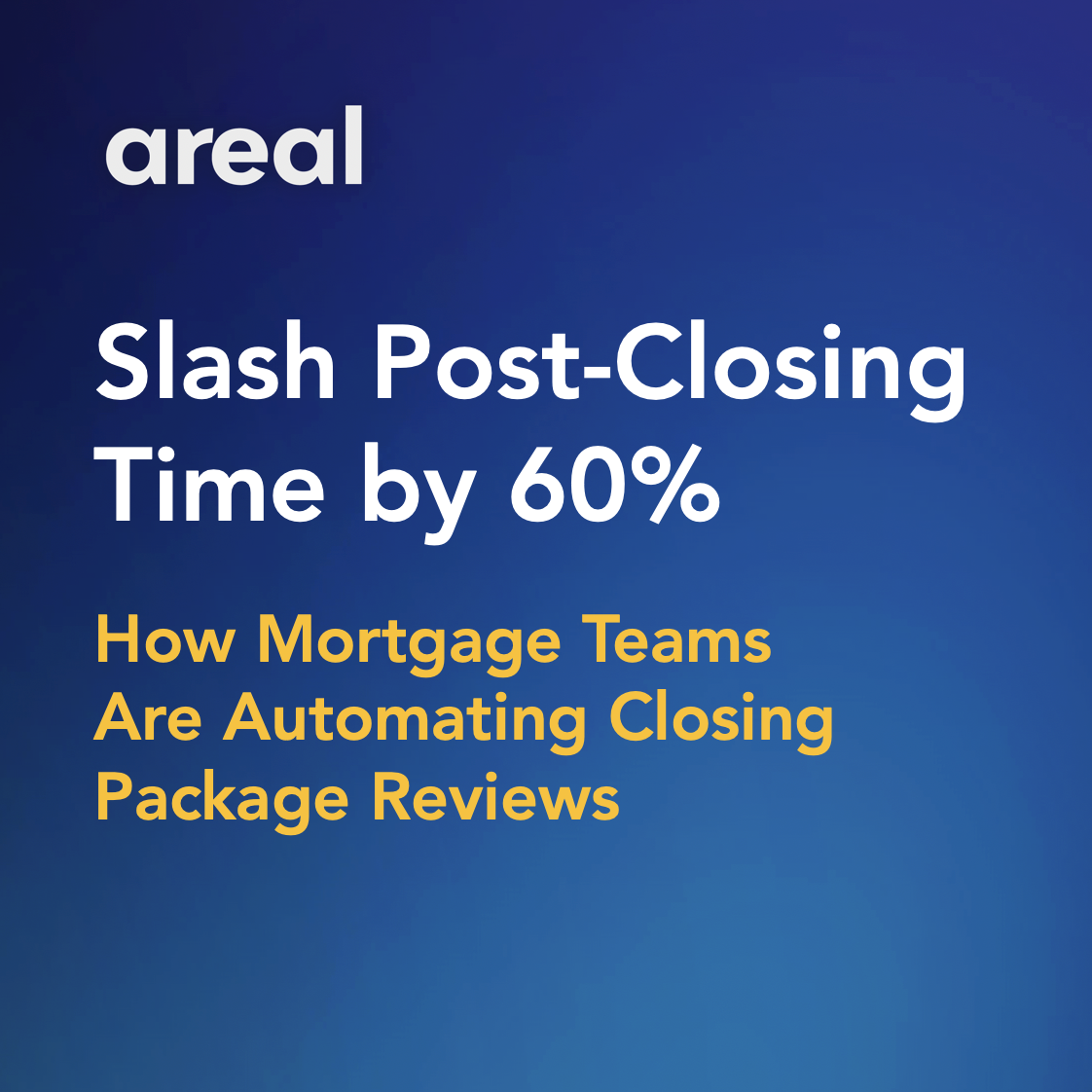It's a helpful initial step to gauge your potential buying power. On the other hand, preapproval involves a more rigorous process where a lender examines your finances in depth to determine the exact amount they're willing to lend you. Understanding these differences is essential for prospective homebuyers to navigate the process effectively, ensuring they're prepared and can make informed decisions when pursuing their dream home.
What is Mortgage Prequalification?
Mortgage prequalification is an initial assessment conducted by lenders to estimate the amount a borrower may qualify to borrow for a home loan. It's a preliminary step in the homebuying journey, requiring minimal documentation and often no credit check. During prequalification, a lender evaluates basic financial information provided by the borrower, such as income, assets, and debts. The process offers insight into potential loan options and helps borrowers understand their purchasing power. However, it's important to note that prequalification is not a guarantee of loan approval. Instead, it provides a starting point for further discussions and the eventual mortgage application process.
What is Mortgage Preapproval?
Mortgage preapproval is a crucial step in the homebuying process, providing a more concrete assessment of a borrower's financial readiness. Unlike prequalification, preapproval involves a comprehensive examination of the borrower's credit history, income, assets, and debts. Lenders issue a conditional commitment, specifying the exact amount they're willing to lend. This empowers homebuyers with a clear understanding of their purchasing capacity, streamlining the house-hunting process. While preapproval boosts confidence and demonstrates seriousness to sellers, it's not a final approval. However, it significantly strengthens the borrower's position and expedites the final mortgage approval process once a suitable property is found.
Comparing Prequalification and Preapproval
The difference between prequalification and preapproval lies in their depth and certainty. While prequalification estimates borrowing capacity without a credit check, preapproval involves a thorough examination, providing a concrete loan amount and certainty in the homebuying journey.
- Purpose: Prequalification provides an estimate of borrowing capacity, while preapproval offers a concrete loan amount.
- Process: Prequalification involves a basic assessment with minimal documentation, whereas preapproval requires thorough scrutiny of financial details.
- Credit Check: Prequalification typically doesn't include a credit check, while preapproval necessitates one.
- Certainty: Preapproval provides a conditional commitment from the lender, offering more certainty to both the borrower and the seller.
- Timeline: Prequalification is quicker, often completed in minutes to hours, while preapproval may take a few days due to its detailed nature.
Understanding these distinctions helps borrowers navigate the homebuying process more effectively.
Which should I choose: Preapproval or prequalification?
Deciding between preapproval and prequalification hinges on your stage in the homebuying process and your needs. Opt for prequalification if you're exploring options and want a general idea of your borrowing capacity without impacting your credit score. Choose preapproval if you're serious about buying and need a concrete loan amount to make offers confidently. Preapproval offers more certainty and strengthens your position as a buyer, particularly in competitive markets. Ultimately, the choice depends on your readiness to commit and your desire for clarity in navigating the complexities of purchasing a home.
Frequently Asked Questions about Prequalification vs. Preapproval
These inquiries often revolve around the differences, benefits, and importance of each step. Prospective buyers seek clarity on which option suits their needs, timelines, and financial situations best. Understanding the nuances between prequalification and preapproval empowers individuals to make informed decisions, guiding them through the complexities of securing a mortgage. This FAQ resource aims to alleviate uncertainties, providing essential knowledge to navigate the journey to homeownership confidently.
Which is better prequalification or preapproval?
Determining whether prequalification or preapproval is better depends on your specific circumstances and needs. Prequalification offers a quick estimate of your borrowing capacity without affecting your credit score, making it ideal for initial exploration. On the other hand, preapproval provides a concrete loan amount based on a thorough assessment of your finances, offering certainty and strengthening your position as a serious buyer, particularly in competitive markets. Ultimately, the "better" option depends on your readiness to commit, your timeline, and your need for certainty in the homebuying process.
Is pre approved the same as pre qualified?
This common question in the homebuying process addresses a crucial distinction. Pre-approval and pre-qualification differ significantly. While both involve an assessment of your financial situation, pre-qualification offers an informal estimate of your borrowing capacity, typically without a credit check. In contrast, pre-approval involves a thorough examination of your finances, including a credit check, resulting in a conditional commitment from the lender for a specific loan amount. Pre-approval carries more weight in negotiations, providing greater certainty to both buyers and sellers compared to pre-qualification.







